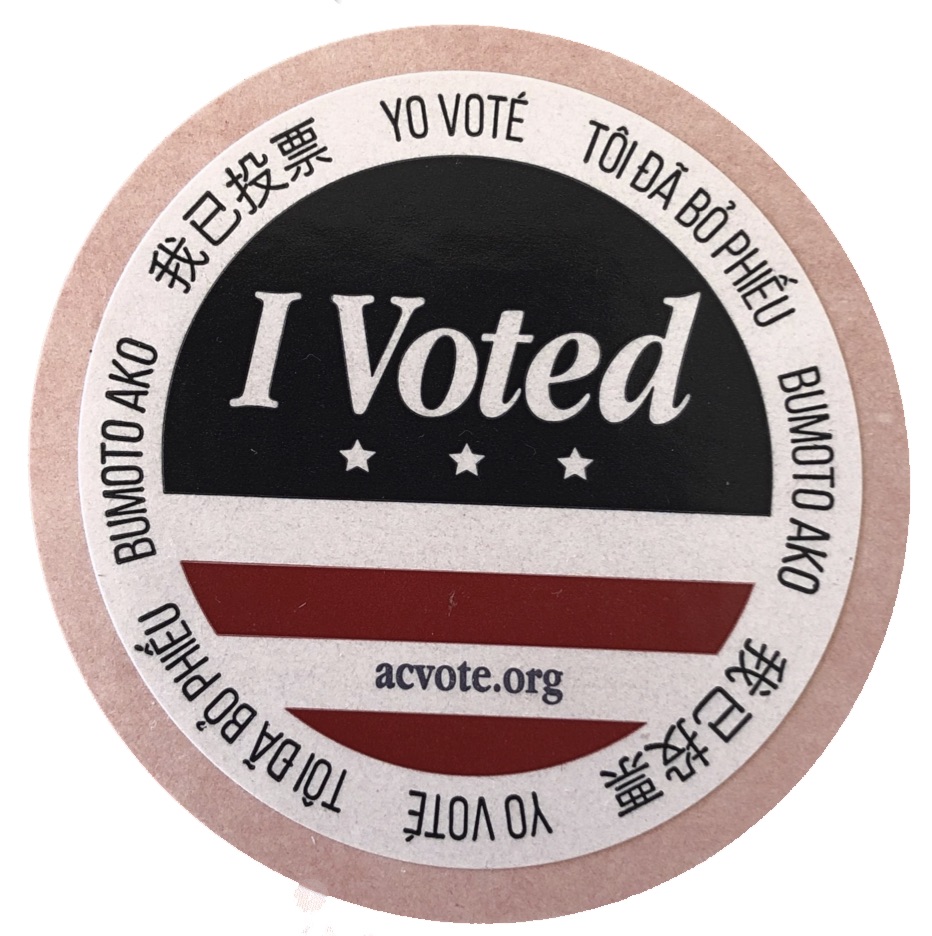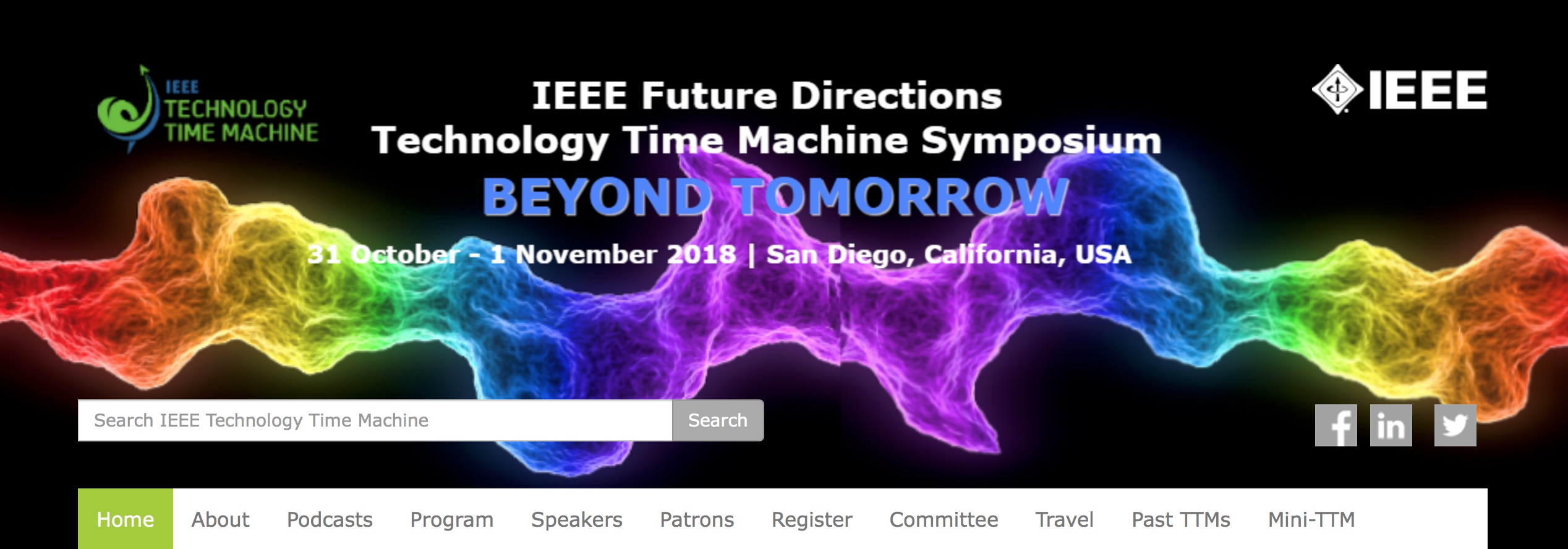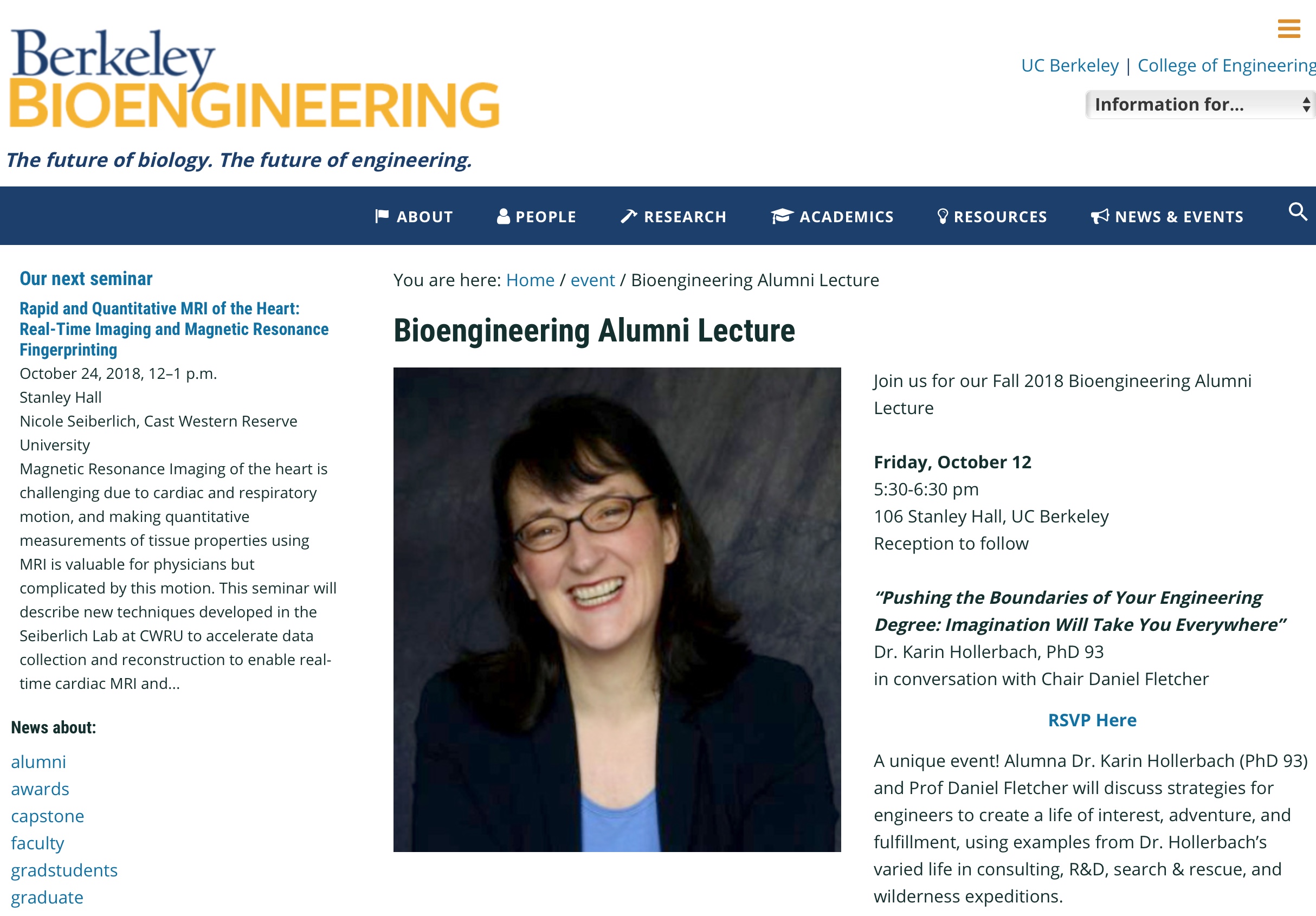Division between Techies and Non-Techies
I’ve long been bothered by the notion of dividing people into two categories, such as the division between techies and non-techies. (In this post, I’m going to use “techie” broadly to refer to enthusiasm for and experience in any technical or scientific disciplines.)
Other, similarly unhelpful dichotomies also exist, of course. I noticed one when I initially started college life interested purely in the life sciences and then became increasingly interested in also studying EECS (electrical engineering and computer science). Soon enough, I started hearing, “why would you want to study both science and engineering? You must be a pre-med, collecting degrees for your resume.” Or perhaps I was simply interested in both subjects!
I agree that science and engineering are fundamentally different ways of viewing and exploring the world. This is one of the many concepts beautifully illustrated in Edward Ashford Lee’s book, “Plato and the Nerd.” (I will briefly summarize this distinction as follows: The scientist, represented by Plato, thinks in terms of “can I make a model for this thing?” The engineer, represented by the nerd, thinks in terms of “can I make a thing for this model?” Please go read the book; it is well worth it.)
Despite these differences, I fail to see why someone can’t be simultaneously interested in both approaches and move back and forth between them. Isn’t that one of the many ways in which we can apply diversity within our own thinking? And if that’s true, why can’t someone be equally interested in, even well versed in, say, engineering and any other aspect of human pursuits? Why do differences in various ways of thinking about life have to result in a division between techies and non-techies?
Fortunately, the STEM world (i.e. the world of techies) has become more and more interdisciplinary, frequently even expanding into becoming STEAM, explicitly adding in the Arts. The Maker movement, for example, has helped to bring this thinking if not into then at least closer to mainstream thinking. Despite this newer acronym, the division between techies and non-techies stubbornly remains part of the narrative of who we are, as individuals, and whom we identify with.
What are the Factors Causing this Divide to Remain?
I’m not sure I fully understand why this divide remains. Clearly, there are contributing factors, such as –
- Intimidation among people who self-identify as non-techie, preventing them from exploring possible interests in technologies, even shutting down nascent interests altogether
- Cultural exclusion of people historically not involved in tech – brotopia, for example, is alive and well
- Difficulties in overcoming the digital divide and other practical realities that prevent many individuals from having access to technologies
No doubt, there are many other contributing factors that help to maintain the division between techies and non-techies.
No matter what the reasons for the persistence of this divide, the separation between techies and non-techies is both artificial and extraordinarily harmful.
Why is this Artificial Division between Techies and Non-Techies so Harmful?
Why is it so harmful to be labeled as one or the other, as if they were mutually exclusive? There are two categories of reasons: One is that we tend to become self-limiting when we live with these labels for long enough. The second is that others tend to view us only through the lens provided by one or the other label, and discount the possibility that we may have contributions in the “other” field.
When we self-label as techies, thus excluding our non-techie selves, we may enjoy many benefits in today’s world, such as access to well-paying jobs and a feeling of somehow being at the cutting edge. At the same time, we are shutting out both the benefits and the responsibilities that we have as members of society. At most university level engineering schools, for example, engineering curricula do not leave much room for non-technical coursework.
It is true that more engineering schools are now offering, many even requiring, ethics courses. However, this development is new enough that it has not yet made a huge difference in the workforce. In addition, thinking like a non-techie human being is about more than only considering ethics – although that is an excellent start! It is about considering the full scope of human and societies’ needs – including when we are developing technologies to meet those needs. (We are developing technologies to meet actually needs, right? Not just those that create new business models?) That cannot be done, if as techies we only develop those aspects of our minds that directly enhance our engineering or scientific thinking, for example.
Those of us that want to break out of the confining label and do want to both develop other aspects of our minds and participate in public discourse, frequently run into limitations imposed by others. What credibility do you, as an engineer, have in commenting on, for example, public policies? Maybe the answer is that I am both an engineer and a functioning human member of society (and a whole lot of other things).
In fact, it is becoming increasingly apparent that we, as techies, have a responsibility to think about, incorporate into our work, and publicly address issues traditionally seen as non-technical, in addition to having a responsibility to help educate others about technologies that we understand well. This situation is not new, but the need to act on this responsibility is increasing in urgency and in scope.
On the other hand, when we self-label as non-techies, we become similarly self-limiting. How many people have missed out on technical careers or hobbies because they absorbed the belief that they did not have the necessary math or technical skills? This, of course, is not the only reason for lack of diversity in high tech, but it is one contributing factor. Here, too, we find the limitations imposed by others may form a solid barrier. What makes you, a housewife, or an artist, or a bartender, think you might have a valid opinion on a technical subject, such as an AI algorithm unleashed on the public? How dare you! Well, you should dare, because you may have some latent technical skills, because you bring a diverse point of view that may provide valuable insights, and because you are a consumer of and impacted by technology.
Consequences of Not Crossing these Boundaries
When we don’t cross these boundaries imposed by self- and other-limitations, the division between techies and non-techies becomes increasingly harmful. Technology development becomes increasingly defined by “the few” (techies) who in too may cases have limited regard for or understanding of the impact of their technologies on everyone else. In turn, both the impact of technology on “everyone else” (the non-techies) and the complexity of the relationship between technology and society are increasing dramatically.
Special Concerns About AI
Recently, voices have been raised in the context of AI, to begin to address the problems posed by this increasing impact and complexity. One example is the essay written by Henry Kissinger in the June 2018 issue of The Atlantic, entitled “How the Enlightenment Ends: Philosophically, intellectually – in every way – human society is unprepared for the rise of artificial intelligence.” Kissinger discusses three particular concerns, including 1) “that AI may achieve unintended results”; 2) “that in achieving intended goals, AI may change human thought processes and human values”; and 3) “that AI may reach intended goals, but be unable to explain the rationale for its conclusions.”
Social Media and Other Technologies are Problematic as Well
AI does pose special dangers to society. These risk factors, however, aren’t necessarily new to AI. Use of the Internet in general and social media in particular have grown dramatically in the past 20 years, as have our collective dependencies on them – one might even say addictions to them. I can easily argue that Kissinger’s first point (regarding unintended results) is equally applicable when examining the impact of social media, for example.
The point isn’t to argue whether or not these risk factors first arose with the current wave of increasing use of AI or earlier. Rather, the point is that we are all now significantly, and in many cases adversely, impacted by large-scale technologies – whether we want to participate in them or not.
In a 2016 post on Medium, “How Technology is Hijacking Your Mind – from a Magician and Google Design Ethicist”, Tristan Harris addresses some of the ways in which most of us are routinely adversely impacted by technology, through the removal of free choice.
“Western Culture is built around ideals of individual choice and freedom. Millions of us fiercely defend our right to make ‘free’ choices, while we ignore how those choices are manipulated upstream by menus we didn’t choose in the first place.”
Harris goes on to provide a number of clear examples of ways in which technology companies make technology design / development choices that have the effect of limiting our agency. “They [magicians… and also tech companies] give people the illusion of free choice while architecting the menu so that they win, no matter what you choose.” Why would they do this? Because what’s good for business is not the same as what is good for users’ ability to actually make free choices, and to spend our time well.
When we understand how some of these social media technology platforms are developed, or we understand something of the science behind the weaknesses in human psychology that companies exploit (i.e., have some degree of techie knowledge), we can begin to ask the right questions while interacting with the technology: “Why am I being given these options and not others?” or “is this menu [of choices] empowering for my original need, or are the choices actually a distraction?” or “ what is the underlying goal of whoever is providing me with these choices?”
Only with the awareness that these are questions that maybe should be asked, will it occur to users to ask them. Does it take a technologist to ask them? Of course not! But it takes some understanding of how the systems are designed to manipulate us, and what biological weaknesses we as humans have, that can be exploited; i.e., it takes some engineering and scientific thinking.
Here is another example that Harris provides: “LinkedIn wants as many people creating social obligations for each other as possible, because each time they reciprocate (by accepting a connection, responding to a message, or endorsing someone back for a skill) they have to come back to linkedin.com where they can get people to spend more time.”
I can easily relate to that one: A year or so ago I publicly responded to one of my LinkedIn contacts, who had commented that he was surprised to receive a number of ‘thank you’ messages to his endorsement of his contacts’ skills, including mine. He thanked us for the thank you notes, but claimed that he had not, in fact, endorsed anyone.
I speculated on what automated … I’ll call them “network enhancements”… may be baked into LinkedIn’s algorithms. Another example I gave at the time was automatically sending out contact requests to others, without the user initiating them.
Knowing that LinkedIn’s business success depends on the number and strength of its users’ networking connections, I was not surprised when I noticed this network enhancement on multiple occasions. What did surprise me was that when I speculated on this in public, some people seemed to genuinely and, in my opinion, naively ask, why would they do that? I of course don’t know THAT LinkedIn does exactly this; however, I can say they WOULD do this. Why? To enhance their business, of course!
Where’s the Problem?
Do I want a social media platform like LinkedIn to automatically invite other people to my network, or to “strengthen” my connections with my existing contacts by automatically giving them my endorsement on some skillset (which is then communicated to them and automatically creates a social obligation of reciprocity, the very currency that LinkedIn tries to maximize)? Maybe that is OK for me, and maybe it is not. The point is that I no longer have a choice in the matter.
You might reasonably ask whether it’s a big deal if, out of my currently approximately 2,000 contacts, a few of them were automatically invited by LinkedIn, i.e., people I’ve never actually had contact with. Is that really a problem?
My answer is – not really. But it is a problem when this is multiplied by many millions of people. Whenever someone receives an invitation from someone else to connect, they imagine that person has made a conscious choice to invite them. In reality, that person –may- not have invited them at all, even if his/her account did. Multiplied over millions of connections, this is social engineering in action. Should we be a part of this? Maybe not – at least not without our conscious consent.
Back to the Artificial Division Between Techies and Non-Techies
What does this have to do with breaking down the artificial division between techies and non-techies? There are hundreds of millions of non-techie consumers of these technologies. Without understanding enough about technology-driven business models, algorithms, and weaknesses in human psychology, many of them won’t know to ask these questions. This is not because they are stupid – they are not. Rather, it is because they haven’t allowed themselves to think in techie terms, because they are “non-techies.” As a result, they become unconscious targets of a social manipulation that is designed by entities whose primary and overriding objective is significantly different from anything that may give us opportunities to act freely.
We are All Affected – What Can We Do About It?
I am not suggesting that everyone become a techie. I am suggesting that we are all substantially and in many cases adversely impacted by technologies that most of us do not begin to understand. Public discussions around AI bias provide many current examples.
Further, I am suggesting that it behooves all of us to become more educated about technologies. Doing so will enable us to become more informed citizens and to be able to make more informed demands for technologies to be applied for social good, rather than primarily for the benefit of the companies (or other organizations) deploying them. Without some level of understanding, we are at the mercy of organizations and people that may not have ill intent, but whose overriding objectives do not explicitly and primarily include our wellbeing.
At the same time, I am suggesting that those of us that do have a strong techie background and skillset have a responsibility to build into our innovations and our design thinking those questions and criteria that help to ensure that the products and services we build support society’s actual needs and values, not merely those that build business value.
Only when techies and non-techies do their part to reach across this artificial divide can we hope to address the societal questions around the impact of modern, large-scale technologies, and what we collectively want to gain from these technologies as well as how we demand to be protected from them.
There are many things that need to happen in order to protect (or perhaps I should say improve) the quality of our interactions with technology. Erasing the division between techies and non-techies is just one of them. It is, however, one important step that is long overdue.





[…] I still believe that many more people – from all walks of life – need to get involved in conversations about the development and use of technologies, about ethics involved in science and engineering, and about the long-term impact of technologies that scale up to impact much of the world. (See also my comments on “techies and non-techies in this post.) […]